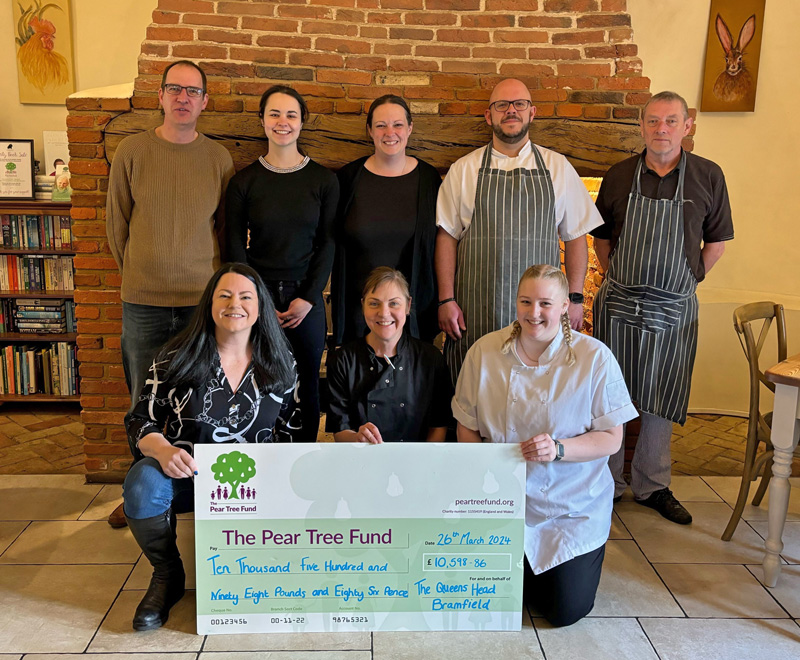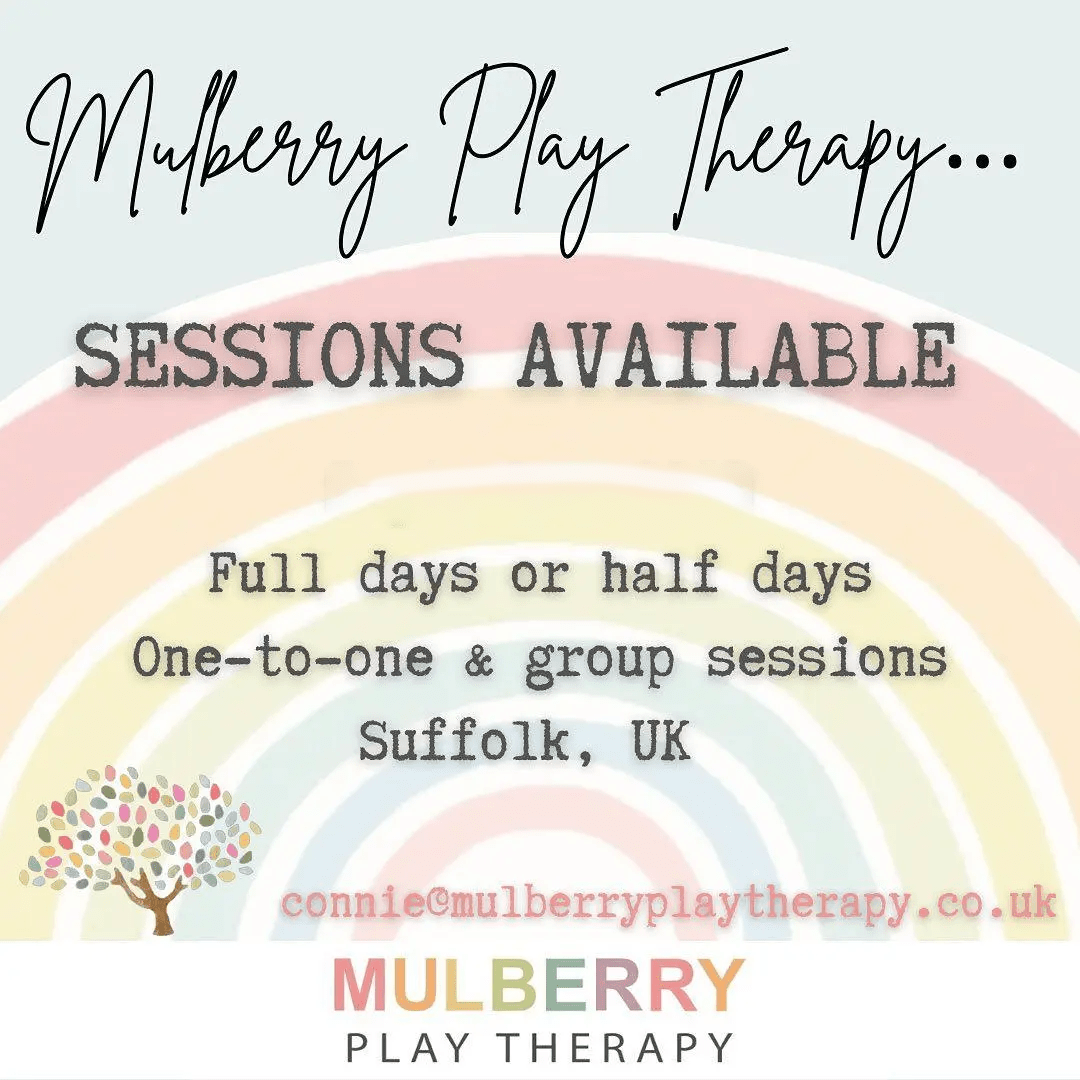
Every year 110,000 people in England have a stroke. It’s our third leading cause of death, and there are at least 300,000 people living in England with disabilities as a result of stroke.
In Suffolk 1,000 people are treated for a stroke at Ipswich or West Suffolk Hospital.
That is why tomorrow (Tuesday, 1 March) the Government is relaunching its television ad campaign to remind people how to spot someone having a stroke and what they can do to help them.
As well as finding out what to do, you can also take an interactive test online at www.nhs.uk/actfast now. And why not pass on the message to friends and family.
Sandie Robinson, lead for commissioning and development in stroke, said. “Our stroke care in Suffolk is improving with more stroke patients being treated on specialist stroke units. We still have much to do to ensure we are all able to recognise the early symptoms of a stroke and to ensure someone with a suspected stroke gets to a hospital as quickly as possible. In the case of a stroke, time is crucial – access to early treatment can reduce the level of brain damage and improve long-term outcomes.”.
“Relaunching the FAST campaign will further raise the awareness of what to do, enabling us to help more people have a better recovery.”
Although they can occur in people of any age, strokes are especially likely to affect people over the age of 55. Prompt action after a stroke is crucial as it can prevent further damage to the brain and help make a full recovery. Delay can result in major long term disabilities.
This is why it is vital for as many people as possible to learn how to Act FAST.
Face – has their face fallen on one side? Can they smile?
Arms – can they raise both arms and keep them there?
Speech – is their speech slurred?
Time – time to call 999 if you see any one of these signs.
Once a patient has been diagnosed as having had a stroke they are taken to a specialist ward at one of our two major hospitals to receive the care they need.
NHS Suffolk, and Ipswich and West Suffolk Hospitals, have been working together to improve that level of care and the number of patients able to receive that treatment. At the moment 83% of stroke patients are treated on a specialist stroke unit. NHS Suffolk wants that to be 90%. That breaks down as 90% at Ipswich and 74% at West Suffolk.
Sandie said: “Stroke is an often underestimated cause of death and disability, when in fact it is one of the major causes of death in this country – even for people who survive a stroke it could leave them permanently disabled. However, it will come as no surprise to many people that stopping smoking, eating healthily and taking exercise can dramatically reduce the chances of having a stroke.”
1. What is a stroke?
A stroke is a brain attack. For your brain to function, it needs a constant blood supply, which provides vital nutrients and oxygen to the brain cells. A stroke happens when the blood supply to part of the brain is cut off and brain cells are damaged or die
Symptoms and actions
A patient might feel dizziness, communication problems, difficulty talking and difficulty understanding what others are saying, problems with balance and coordination, difficulty swallowing, numbness/weakness resulting in complete paralysis of one side of the body, and loss of consciousness in severe cases.
2. The Government’s Act FAST television campaign is being re run from 1 March for three weeks to equip people with the knowledge to help family, friends and others should a stroke occur.
For more information about NHS Suffolk visit www.suffolk.nhs.uk









